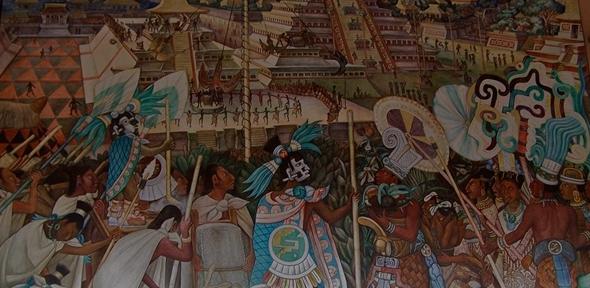
The Politics of Representation in Latin American Visual Culture
This module offers students the opportunity to explore an exciting range of recent films from Latin America that address key political themes and are reshaping our understanding of political cinema. The module explores questions of biopolitics, violence, memory, neocolonialism, globalization, labour, sexuality, and posthuman identities, and their (often very innovative) representation in fiction and documentary films. Emphasis will be placed on studying films within the cultural and social contexts of their production, as well as in the light of current theories of visual culture.
Teaching takes the form of open-discussion seminars at which students are asked to present short papers. Students are also encouraged to attend lectures on Latin American cinema and visual arts given by the Faculty of Modern and Medieval Languages. We have extensive resources for the study of visual culture in Cambridge, including an archive of over 600 Latin American films (Catalogue available to computers within academic institutions).
While most of the key films set for study are subtitled, some are not, and a reasonable proportion of the secondary reading is in Spanish. Students who take this module generally have degree-level Spanish or Portuguese, although students with a lower level of Spanish have successfully taken this module in the past. If you have any queries on this score, please contact the module coordinator, Dr Geoffrey Maguire.
The module is shared with the MPhil in Film Screen and Studies and the MPhil in European, Latin American and Comparative Literatures and Cultures, and there is a cap on numbers. If it is oversubscribed, priority will be given to students whose dissertation falls within the field of Latin American film or visual culture, and who have at least degree-level Spanish or Portuguese.
